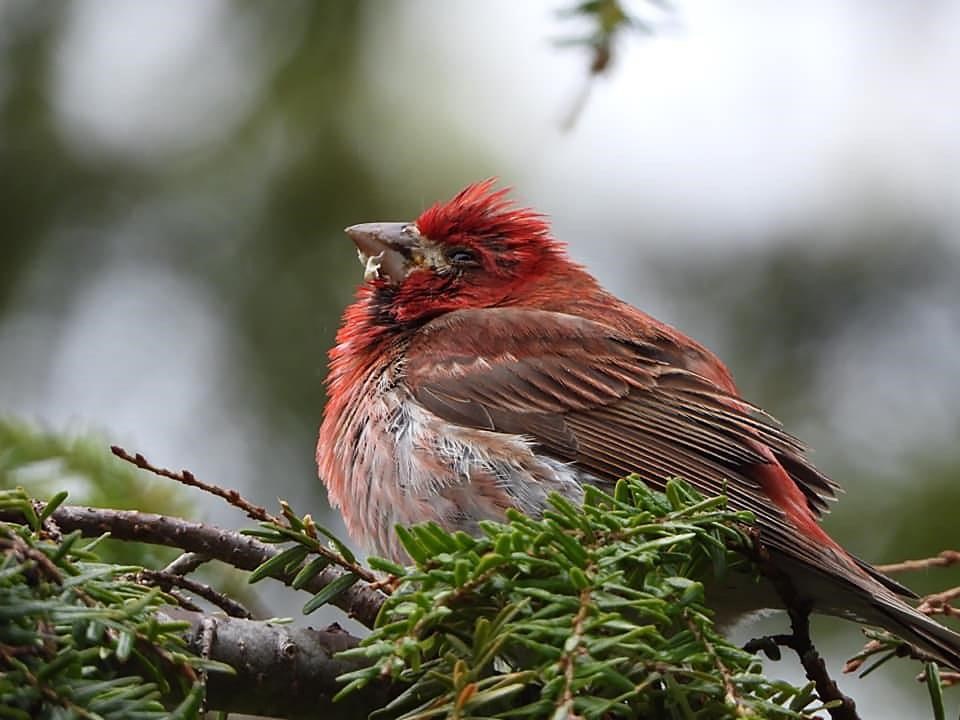Nova Scotians are being asked to remove bird feeders and close up bird baths as a fatal disease spread by damp, human-provided seed is killing purple finches.

David Currie, president of the Nova Scotia Bird Society, says the cases of trichomonosis around the province are an annual occurrence, but they seem to have arrived quickly and intensely during a particularly cool and wet spring.
READ MORE: ‘It’s a big concern’: Dozens of dead fish discovered in Moncton’s Jones Lake
The fatal disease is caused by a tiny parasite being transmitted from bird to bird through moist bird seed, wet areas and in bird baths.

Get breaking National news
WATCH: Experts warn about improper feeding of birds during winter

Currie says there have been seven reports of the disease around the province, prompting his group to suggest people follow the advice of the Canadian Wildlife Health Co-operative and remove the feeders and bird baths.
The parasite causes inflammation of the bird’s glands and windpipes, leading to lethargy and making it difficult for the birds to breathe.
READ MORE: Plan to cut 80,000 trees in beloved Halifax park delayed to protect bird nests
Currie said it primarily harms purple finches, which aren’t currently endangered, but the fatal illness occasionally spreads into other seed-eating birds.







Comments
Want to discuss? Please read our Commenting Policy first.